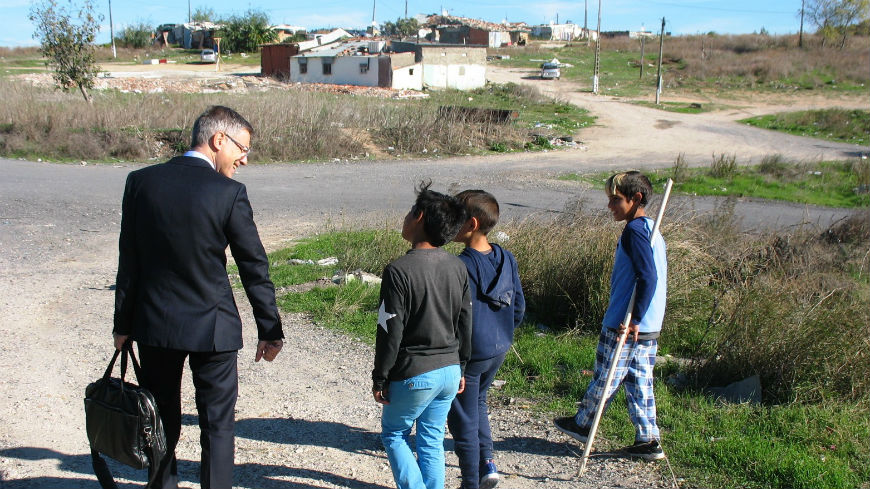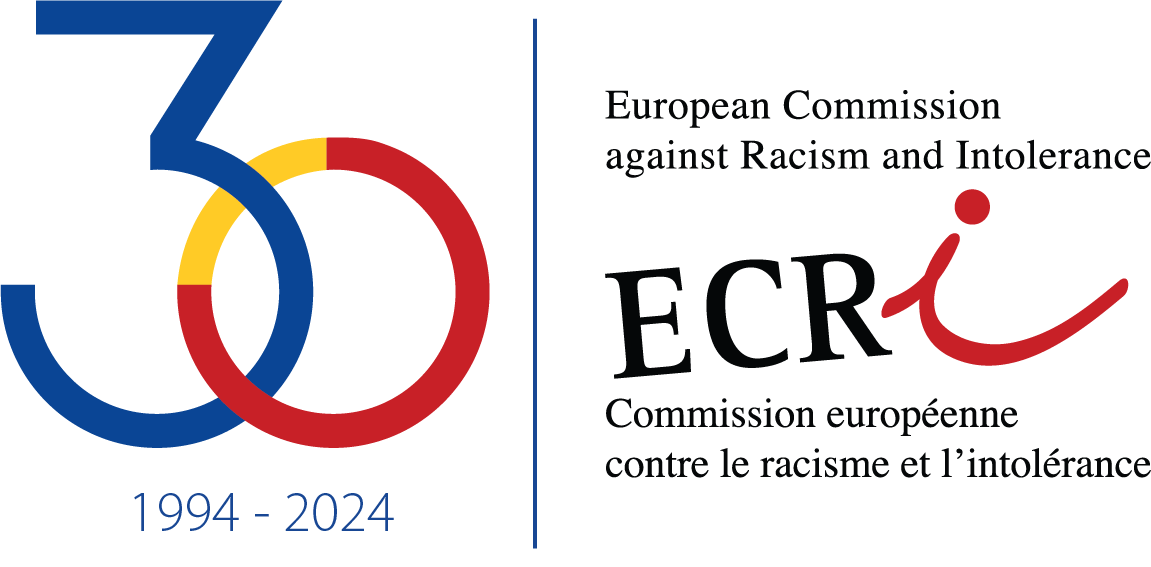In a report on Portugal published today, the Council of Europe’s European Commission against Racism and Intolerance (ECRI) welcomes significant progress in LGBT rights and in the education of pupils of migrant origin. At the same time, ECRI expresses concern about allegations of racist violence committed by a number of police officers and regrets the slow progress in the integration of Roma, notably the alarming high school drop-out rates.
The report highlights that same-sex couples had access to joint adoption and assisted reproduction in 2016, and that transgender persons no longer need a medical certificate to obtain gender-recognition or change their first name. School results of pupils of migrant origin have significantly improved and their early school drop-out has in general reduced. The authorities are striving to legalise the situation of pupils and their parents without residence permits.
Other positive developments include Portugal’s ratification of Protocol 12 to the European Convention on Human Rights, its new anti-discrimination law and investigative power given to the High Commission on Migrations (ACM). The Commission for Equality (CICDR) has been granted additional competences, although ECRI underlines that this body should become entirely independent.
The report further notes that in Portugal politicians seldom make racist, homophobic or transphobic comments and that these are publicly condemned. Racist violence is uncommon and the authorities have reacted strongly against it in a number of cases. Another welcome step is that in 2017 the President of the Republic made a statement recognising injustices committed during the era of slavery.
ECRI expresses concern that no authority has systematically investigated the grave accusations of racist violence committed by a number of police officers, leading to a lack of trust in the police, in particular among people of African origin. The report devotes particular attention to the case of 18 police officers indicted for torture and other offences against six Black victims in 2015 and recommends that an independent body investigates allegations of police abuse and racism.
The report concludes that some of the most important objectives of the 2013 national strategy for the integration of Roma have not been achieved. 90% of Roma children leave school early compared to 14% of the overall population. Roma continue to suffer high levels of unemployment, often live in precarious housing conditions and are threatened by forced evictions. People of African descent face similar problems.
Whilst ECRI praises the co-operation between the police, the equality body and civil society to investigate hate speech, it also stresses that the definition of hate speech is too narrow and the vast majority of hate messages are not reported or prosecuted.
ECRI makes two priority recommendations to the Portuguese authorities which will be subject to a follow-up evaluation within two years:
- Ensure that there are no cases of illegal forced evictions and that legal evictions comply with international standards
- Ensure that all Roma children rigorously attend compulsory schooling up to the age of 18 years.
The report was prepared taking into account developments up to 22 March 2018.
Contact: Jaime Rodriguez, Spokesperson/Media officer, tel. +33 90 21 47 04




